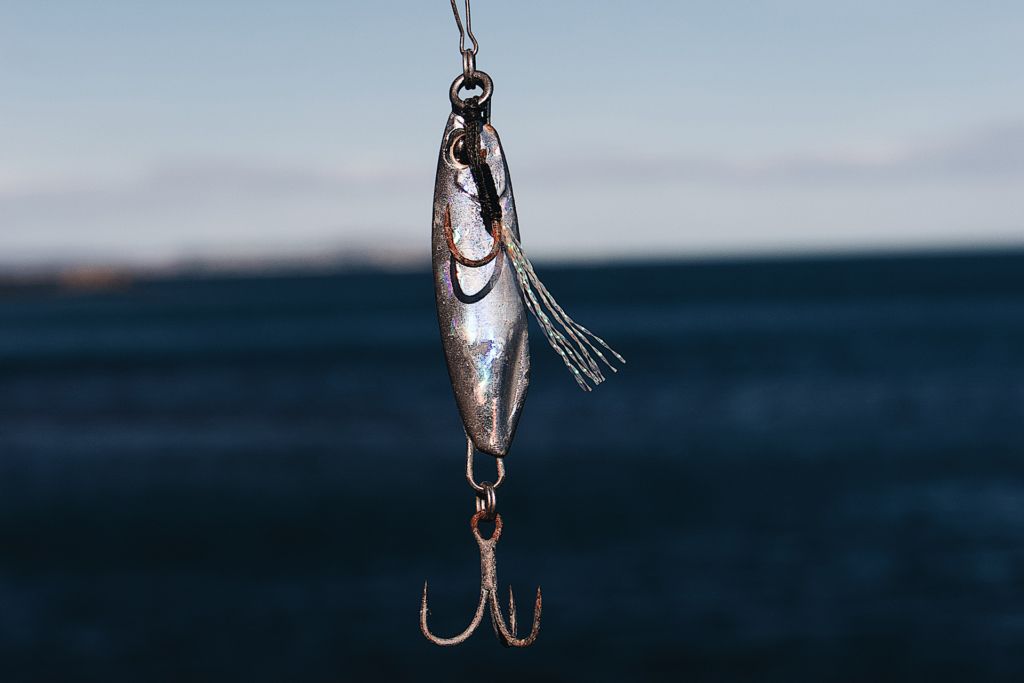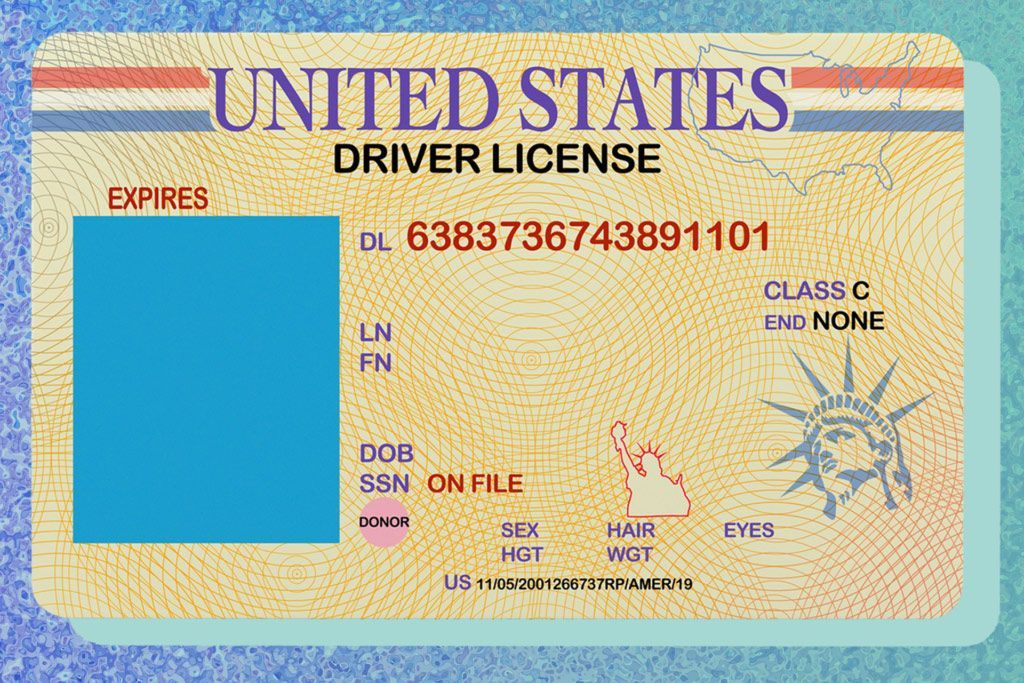Do I Need A Will?

The value of a possession is relative.
“The simple answer is, you should have a will,” said attorney Jeffrey Millman, of the Phillips & Millman law firm.
According to the American Bar Association, if someone dies without a will, their property will be distributed according to state law.
“...Typically the distribution would be to your spouse and children, or if none, to other family members. A state's plan often reflects the legislature's guess as to how most people would dispose of their estates and builds in protections for certain beneficiaries, particularly minor children,” reads americanbar.org.
But, the website continues, “That plan may or may not reflect your actual wishes, and some of the built-in protections may not be necessary in a harmonious family setting. A will allows you to alter the state's default plan to suit your personal preferences. It also permits you to exercise control over a myriad of personal decisions that broad and general state default provisions cannot address.”
So what exactly is a will?
“A will is a legal document that sets forth your wishes for the distribution of your property and, most important, the care of your minor children upon your death,” Millman said.
If you die without a will, your heirs could end up in costly legal proceedings before a judge.
A will serves multiple purposes. In addition to disposing of one’s property after they have died, a will, according to the American Bar Association, allows someone to:
- Designate a guardian for minor children, which will minimize court involvement.
- Designate an executor of your estate in your will. This could eliminate the need for court supervision of your estate’s settlement.
- Provide for those who otherwise may not be accounted for in state inheritance laws, including stepchildren, godchildren, friends and charities.
- Designate their successor if they are acting as the custodian of assets of a child or grandchild.
So how do you make this all legal?
According to the American Bar Association, “Wills must be signed in the presence of witnesses and certain formalities must be followed or the will may be invalid. In many states, a will that is formally executed in front of witnesses with all signatures notarized is deemed to be ‘self-proving’ and may be admitted to probate without the testimony of witnesses or other additional proof. Even if a will is ultimately held to be valid in spite of errors in execution, addressing such a challenge may be costly and difficult. A potential challenge is best addressed by executing the will properly in the first instance.”
As explained here, when it comes to leaving your affairs in order for when you pass, that old adage certainly applies: “Where there’s a will, there’s a way.”
Recent Posts







